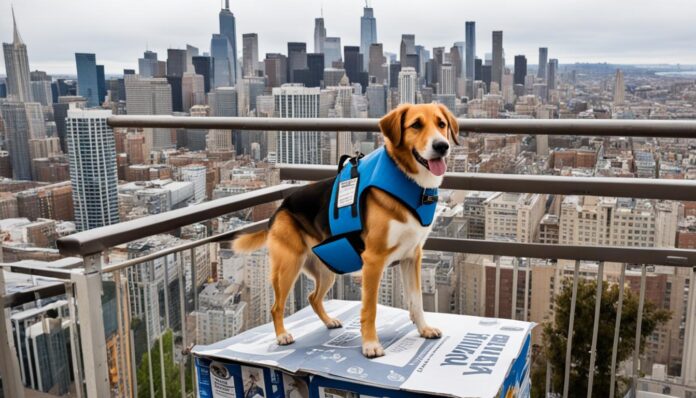Are you at your wit’s end with dog potty training? When conventional methods fail, it’s time to explore the last resort for dog potty training. These unconventional but effective techniques might just be the solution you’ve been searching for to help your stubborn pup finally learn proper bathroom habits.
The Breaking Point in Potty Training
Before diving into last-resort methods, it’s important to understand that potty training challenges are common among dog owners. According to Pet like boss, nearly 35% of pet parents struggle with house training their dogs. If you’re interested in learning more about general dog care and training tips, check out our comprehensive dog guide.
Why Traditional Methods Sometimes Fail
Several factors can contribute to potty training difficulties:- Inconsistent schedules- Medical conditions- Behavioral issues– Previous traumatic experiences- Environmental changes
Ultimate Last Resort Solutions
1. The Umbilical Cord Method
This technique involves keeping your dog literally attached to you with a leash 24/7 This extreme supervision helps – Prevent accidents- Recognize potty signals immediately- Build stronger bonds- Establish clear communication
2. Paper Training Regression
Sometimes taking a step back is the best last resort for dog potty training. Return to basics with – Smaller confined spaces- More frequent potty breaks- Intensive reward systems- Detailed scheduling
3. Professional Intervention
When DIY methods fail. consider – Hiring a certified dog trainer- Consulting a veterinary behaviorist- Enrolling in intensive training programs
4. Environmental Modifications
Transform your living space:- Install belly bands or diapers temporarily- Use enzymatic cleaners extensively- Create designated potty zones- Implement barrier systems
Medical Considerations
Before implementing any last resort for dog potty training methods, rule out:- Urinary tract infections- Hormonal imbalances- Anxiety disorders- Age-related issues
The Extreme Schedule Method
This intensive approach includes:1. Setting alarms every 2 hours2. Maintaining detailed potty journals3. Restricting water intake strategically4. implementing strict feeding schedules
Technology-Based Solutions
Modern solutions include:- Smart door bells for potty signals- GPS tracking pads- Moisture-detecting alarms- App-based training programs
The Recovery Period
Once you’ve found success with your last resort methods:- Gradually reduce restrictions- Maintain consistency- Continue positive reinforcement- Monitor progress carefully
Common Mistakes to Avoid
Don’t make these errors:- Punishment-based training- Inconsistent commands- Giving up too soon- Mixing different methods
Long-Term Success Strategies
To maintain progress:1. Establish routine maintenance2. Create backup plans3. Prepare for setbacks4. Build confidence gradually
Special Considerations for Different Dogs
Adjust methods based on:- Age- Breed- Previous training- Living environment- Health status
When to Seek Additional Help
Consider professional help if:- Methods aren’t working after 2 weeks- Dog shows signs of distress- Behavioral issues worsen- Medical concerns arise
Success Stories and Tips
Real experiences from other dog owners:- “The umbilical method worked after 3 days!”- “Professional training was worth every penny”- “Consistency was the key to success”
Preventive Measures for the Future
To avoid needing last-resort methods again:1. Maintain consistent schedules2. Watch for warning signs3. Address issues promptly4. Keep training supplies ready
Final Thoughts
Remember that every dog is unique, and finding the right last resort for dog potty training method might take time and patience. Don’t get discouraged if the first attempt doesn’t work – success often comes from persistence and adaptability.
FAQs About Last Resort Potty Training
How long should I try a method before switching?
Give each method at least 5-7 days unless you see signs of distress.
Are these methods safe for puppies?
Most are safe, but consult your vet for age-appropriate modifications.
What if nothing seems to work?
Consider medical testing and professional behavioral evaluation.
Can old dogs learn new potty habits?
Yes! Age isn’t a barrier, though progress might be slower.
Remember, the journey to successful potty training might be challenging, but with determination and the right approach, you’ll get there. Keep exploring different methods until you find what works for your furry friend, and don’t hesitate to seek professional guidance when needed.











